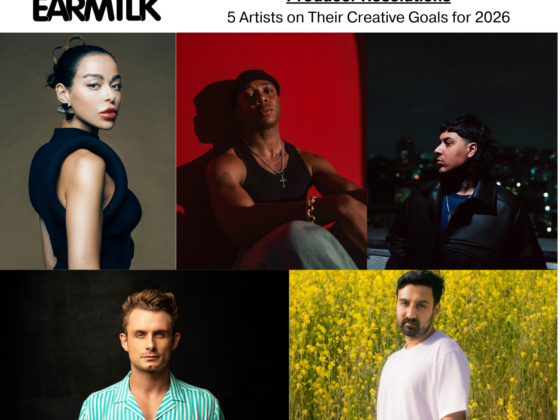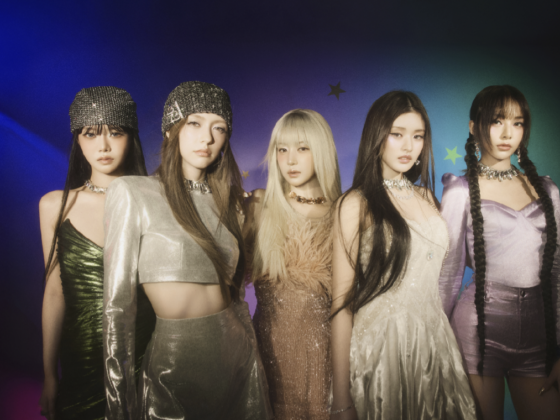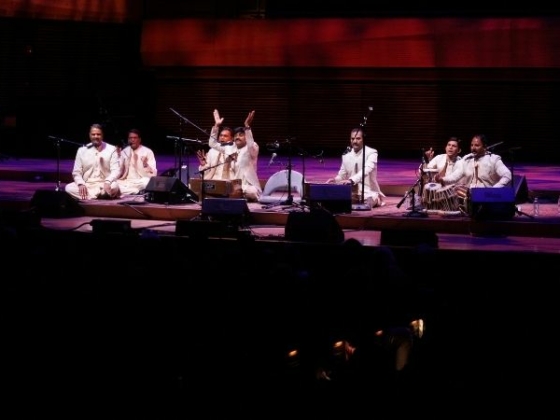Beyond their craft, musicians have causes that they are passionate about waiting to be tapped into. By finding and supporting these authentic social causes within them, artists can not only help others but also benefit themselves in their careers and in their personal development.
Certified coach Melissa Creede who began her 30-year career traveling the world as a consultant to corporations and Fortune 500 executives on climate change, clean energy and sustainability. For the last 15 years, she has coached corporate and institutional leaders and influencers on being more strategic in pursuit of their vision and purpose, and in the last year she has expanded her reach to celebrities, athletes, musicians, and actors.
She says “There’s some evidence that celebrities who speak up about social causes get 50 percent more media coverage, and when people start speaking up about social causes, they actually attract an audience.”
She adds, “two thirds of Millennials and Gen Z won’t even work for an organization that can’t speak clearly about their corporate social responsibility.”
On her website, Melissa lists the five primary reasons why artists should use their celebrity for causes that are important to them:
- Staying relevant and visible in a larger social context, which carries with it a 50-percent higher likelihood of gaining news coverage.
- Growing their base of followers.
- Leaving a legacy “that transcends their fame.”
- Finding fulfillment and a deeper sense of purpose.
- Making the world a better place.
“I draw and I work with people who want to make the world better,” she said. “They don’t always know what it is. Sometimes it takes digging a little bit deeper to find it, and maybe even to find the motivation to follow it. Everybody has something.”
Identifying the cause is the first of the Three Keys of her professional programs. The cause should be authentic, something out of the person’s own experience. The temptation is to pick something easy and obvious, like the fad of the day.
“There’s nothing wrong with that, but it’s not deep enough for most people to connect with. We dig deeper and we get into something much more meaningful to them. Not only does it come across as more authentic to others, but there’s few chances of missteps.”
Missteps are such things as seeming phony or hypocritical, or simply saying the wrong thing. People cannot speak confidently to issues or causes that are not part of their core.
“That’s why I often say work with somebody who knows how to do this, how to get to the true essence of what you want to talk about.”
The second Key is to devise the strategy and create a plan. Here, she works with the client and the client’s team to integrate the social change plan into the brand strategy or PR program.
Key 3, “Map the Landscape,” involves anticipating the pushbacks, decoding the language, identifying all the considerations, the history and the issues involved.
“A lot of these issues are quite subtle,” she said. “Like, what terminology is current? What are the questions that people are going to ask to try to trip you up? How do you stay with your talking points? I’m not a PR or communications person. I’m doing the social impact side of things, and the strategy and the plan is to integrate the social impact so that it aligns with whatever else you’re doing.”
In her business, she has two basic programs, the VIP Intensive, a day-long session that is, as the name says intense, and a one-on-one coaching program that extends over months, which usually begins with an intensive session. Both are customizable, and both develop a “roadmap” of talking points.
An important feature of both is the support component — Melissa serves as their personal champion and trainer whose sole function is to provide support for them in their cause and personally.
“Something like this can be scary,” she said. “Supporting them around the cause is important, but it’s also supporting them as a person. We all have days where we think, ‘Oh man, this is hard.’ Or ‘That hurt my feelings.’ Or ‘I’m afraid to say this next thing.’”
In corporate and institutional settings, she dealt with people who were already interested or involved in social-impact work. But working with celebrities and artists over the last year, she has come to realize that individual personal growth provides its own rewards.
“Honestly, I don’t know why people wouldn’t do this, because the more I’m in it, the more I see how much it benefits people,” she said.
“It doesn’t always have to be a big global cause. Sometimes the opportunity to make the world better is right in their community.”
Social consciousness is increasingly important to audiences and consumers. She references studies that show 91 percent of Gen Z consumers prefer to buy from businesses that support good causes. Seventy-five percent want to work for “an organization that has a purpose beyond profit.And it’s also in the musician space. If someone hasn’t thought about this, they need to.”









